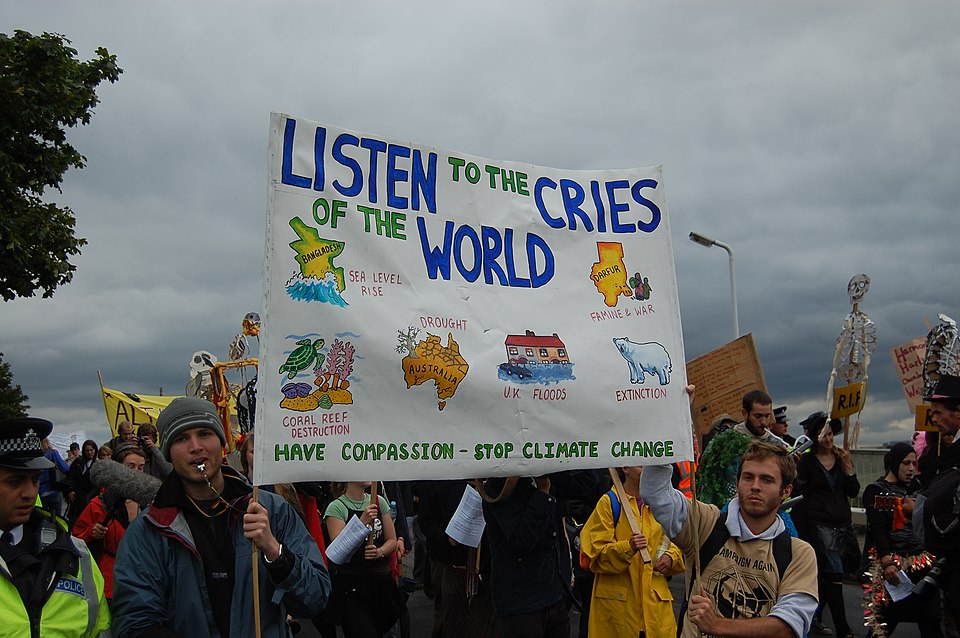
When we talk about climate change, we often focus on science: greenhouse gases, rising temperatures, melting ice caps. But there’s another side to the story—one that’s about fairness, responsibility, and human rights. This is called climate justice.
Climate justice recognizes that climate change is not just an environmental issue—it’s also a social and ethical one.
It asks: Who is most responsible for causing climate change? and Who is most affected by it? The answers show a clear imbalance
Unequal Causes
Not all countries contribute equally to climate change. Wealthier, industrialized nations have historically burned the most coal, oil, and gas to power their economies. The United States, European countries, and other developed nations are responsible for a large share of total carbon emissions since the Industrial Revolution. These emissions built wealth, but also set in motion the climate crisis we face today.
In contrast, many low-income nations—especially in Africa, Asia, and Latin America—have contributed very little to the problem. Yet they are often the hardest hit by extreme weather, rising seas, and other climate impacts.
Unequal Impacts
Climate change doesn’t affect everyone equally. Communities already facing poverty, limited resources, or political instability are more vulnerable. For example:
Small island nations like Tuvalu and the Maldives face the threat of disappearing under rising seas.
Farmers in sub-Saharan Africa are dealing with more frequent droughts, which destroy crops and threaten food security.
Coastal cities from New Orleans to Dhaka face stronger storms and flooding.
Even within a single country, vulnerable groups—such as low-income neighborhoods, Indigenous peoples, or communities of color—often face greater risks because they have fewer resources to adapt or recover.
The Justice Part
Climate justice argues that those who have contributed most to the problem should take the lead in solving it. This can mean:
Cutting emissions faster in wealthier countries.
Providing funding and technology to help poorer nations adapt to climate impacts.
Ensuring fairness in decision-making, so affected communities have a voice in climate policies.
It also means addressing historic injustices. For example, many Indigenous communities have protected their lands for centuries, yet they are often excluded from climate policy discussions. Climate justice seeks to correct these imbalances.
